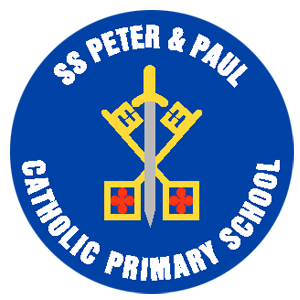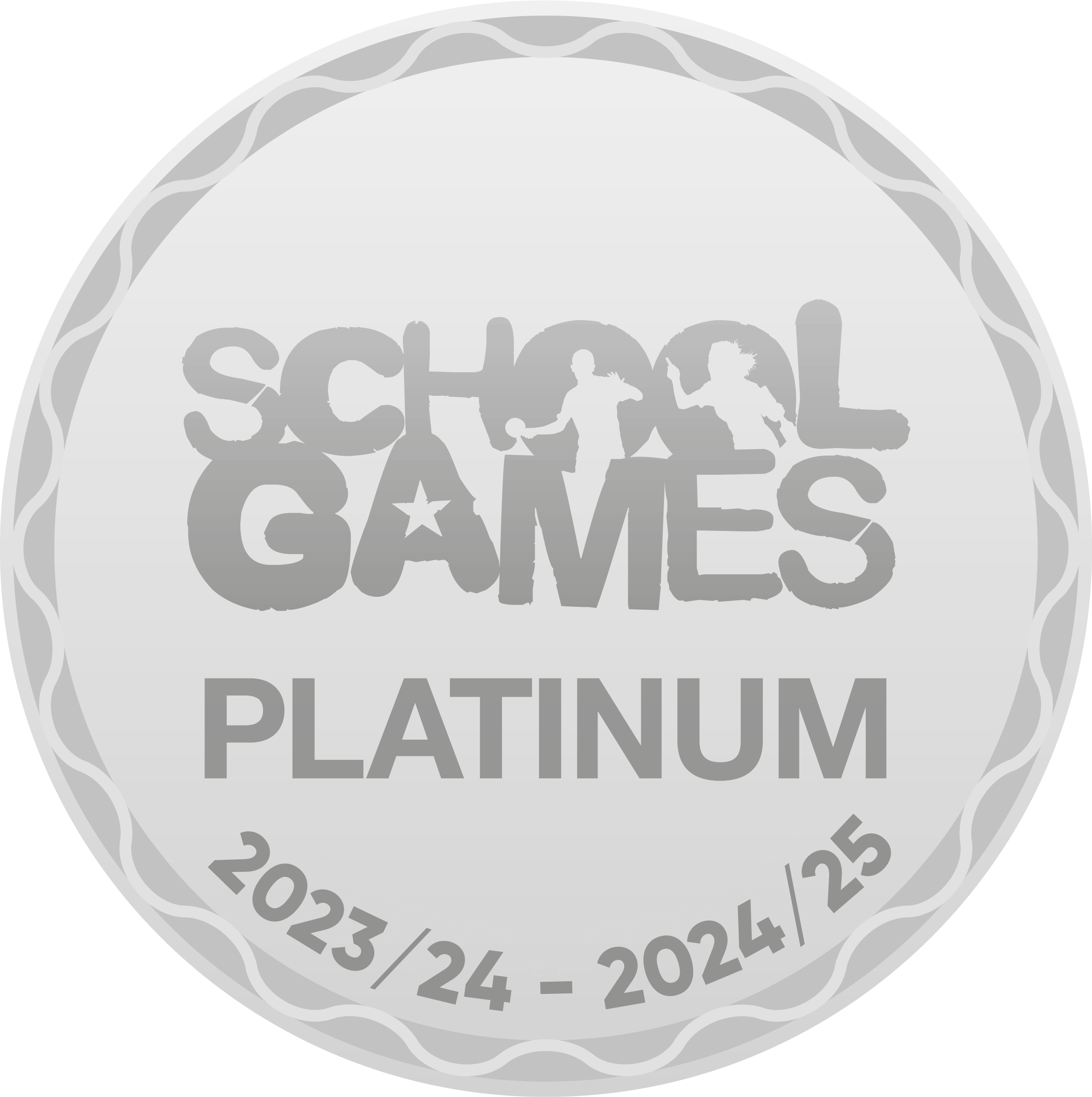English

“Writing comes from reading, and reading is the finest teacher of how to write” Annie Proulx
“Writing floats on a sea of talk” James Britton
English is a core subject of the curriculum and is central to the wider curriculum and fundamental to every child’s learning both at school and in the world beyond. Children need to develop their use of language in order to learn and to play a full and active role as individuals in society. It is central as a medium of thought, learning and expression across the curriculum and also as a subject in its own right.
English across the curriculum
As a school we recognise that English skills should be regularly applied in every subject area and that, where appropriate, English teaching should be linked to work in other areas of the curriculum. The teaching of English, through access to quality texts is an important part of SMSC development. This is taken into account through medium and short term planning where links with other subjects are made evident.
National Curriculum
The overarching aim for English in the national curriculum is to promote high standards of language and literacy by equipping pupils with a strong command of the spoken and written word, and to develop their love of literature through widespread reading for enjoyment. The national curriculum for English aims to ensure that all pupils:
read easily, fluently and with good understanding
develop the habit of reading widely and often, for both pleasure and information
acquire a wide vocabulary, an understanding of grammar and knowledge of linguistic conventions for reading, writing and spoken language
appreciate our rich and varied literary heritage
write clearly, accurately and coherently, adapting their language and style in and for a range of contexts, purposes and audiences
use discussion in order to learn; they should be able to elaborate and explain clearly their understanding and ideas
are competent in the arts of speaking and listening, making formal presentations, demonstrating to others and participating in debate.
The programmes of study for reading at key stages 1 and 2 consist of two dimensions:
word reading
comprehension (both listening and reading).
It is essential that teaching develops pupils’ competence in these two dimensions. In addition, pupils should be taught how to plan, revise and evaluate their writing. These aspects of writing have been incorporated into the programmes of study for composition. Writing down ideas fluently depends on effective transcription: that is, on spelling quickly and accurately through knowing the relationship between sounds and letters (phonics) and understanding the morphology (word structure) and orthography (spelling structure) of words. Effective composition involves forming, articulating and communicating ideas, and then organising them coherently for a reader. This requires clarity, awareness of the audience, purpose and context, and an increasingly wide knowledge of vocabulary and grammar. Writing also depends on fluent, legible and, eventually, speedy handwriting.. Writing and reading complement each other and feeds pupils’ imagination, opening up a treasure-house of wonder and joy for curious young minds.
Other useful documents:








